Speakers
Previous Speakers
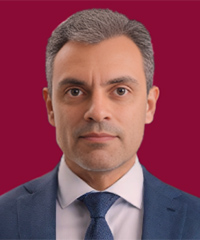
Pier Paolo Piccaluga
Associate Professor, University of Bologna, Italy;
Adjunct Professor, Botswana University, Botswana;
Visiting Professor, Nairobi University, Kenya;
Temporary Professor, Queen Mary University of London, London, UK.
Adjunct Professor, Botswana University, Botswana;
Visiting Professor, Nairobi University, Kenya;
Temporary Professor, Queen Mary University of London, London, UK.
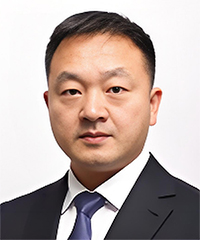
Jiansong Ji
Professor, Zhejiang University, China;
Dean, The Fifth Affiliated Hospital of Wenzhou Medical University, China.
Dean, The Fifth Affiliated Hospital of Wenzhou Medical University, China.
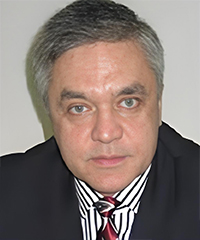
Sergey V. Suchkov
Professor, N.D. Zelinskii Institute for Organic Chemistry of the Russian Academy of Sciences, Russia;
Senior Scientific Advisor, China Hong Kong Innovation International Business Association, China.
Senior Scientific Advisor, China Hong Kong Innovation International Business Association, China.
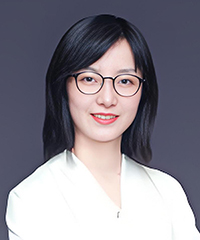
Ling Tao
Principle Investigator, Fudan University, China.
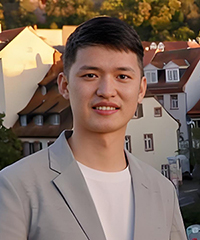
Xianzhe Li
Medical Doctor, Heidelberg University/German Cancer Research Center (DKFZ), Germany.
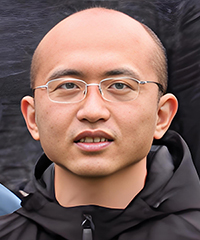
Jingyu Yang
Postdoctoral Researcher, Heidelberg University/German Cancer Research Center (DKFZ), Germany.
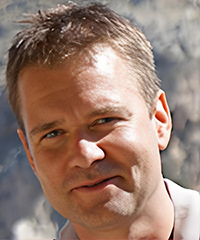
Ludger Johannes
Research Director, Institut Curie, France.
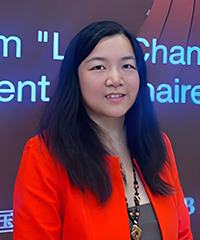
Shixin Ye-Lehmann
INSERM Tenured Researcher, University Paris-Saclay, France.
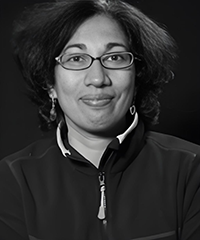
Nandini Vasudevan
Associate Professor, University of Reading, UK.
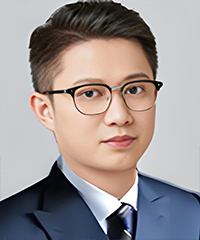
Andy Zeng
Head of R&D, Department of Danone Group in the Netherlands, France, Synthetic Biology (Edible Protein Synthesis).
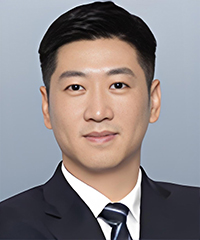
Lianyi Han
Senior Researcher, Greater Bay Area Institute of Precision Medicine, China.
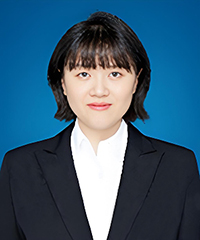
Wei Wu
Associate Professor, Jilin University, China.
